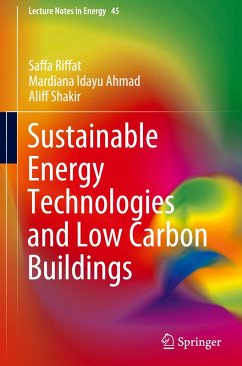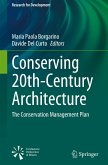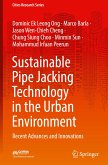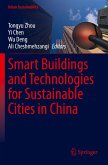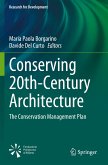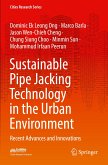This book aims to offer an in-depth guide and fundamental comprehension of sustainable energy technologies and their essential function in decreasing energy consumption in buildings under diverse climatic conditions. It has been designed to stimulate additional research and innovation, especially in the field of green technology for building applications. This book embodies the culmination of extensive research and case studies, encompassing the initial developments to the latest advancements in sustainable energy systems, particularly emphasising energy-efficient building technologies.
It also highlights up-to-date reviews and research into meeting low and zero carbon demand in buildings and includes extensive coverage of established and emerging sustainable energy technologies for building applications, addressing their physical principles, mechanisms, applications, and cutting-edge technological advances.
The coverage of book is divided into five main parts:
Thermal energy-efficient systems;Sustainable power generation;Energy-efficient lighting technologies;Zero-energy and low carbon buildings and;Eco-cities as sustainable urban living.
Taken together, they provide a concise explanation of low and zero carbon buildings' role in tackling the world's energy challenges, with an emphasis on design, conversion techniques, and materials and on the economic and environmental assessment of technology. Innovative concepts, design, and planning in connection with global urbanization and improving sustainable development are also discussed. In addition, the book features case studies on worldwide sustainable energy technologies, low and zero carbon buildings, and eco-cities as sustainable urban environments.
This book offers a valuable source of information for developers, architects, building managers and owners, and engineers working in sustainable energy fields, as it provides in-depth information on a diverse range of technologies designed to achieve environmentally friendly solutions. The book also benefits students and academics, as it offers optimal supporting material for an introductory course in this field.
It also highlights up-to-date reviews and research into meeting low and zero carbon demand in buildings and includes extensive coverage of established and emerging sustainable energy technologies for building applications, addressing their physical principles, mechanisms, applications, and cutting-edge technological advances.
The coverage of book is divided into five main parts:
Thermal energy-efficient systems;Sustainable power generation;Energy-efficient lighting technologies;Zero-energy and low carbon buildings and;Eco-cities as sustainable urban living.
Taken together, they provide a concise explanation of low and zero carbon buildings' role in tackling the world's energy challenges, with an emphasis on design, conversion techniques, and materials and on the economic and environmental assessment of technology. Innovative concepts, design, and planning in connection with global urbanization and improving sustainable development are also discussed. In addition, the book features case studies on worldwide sustainable energy technologies, low and zero carbon buildings, and eco-cities as sustainable urban environments.
This book offers a valuable source of information for developers, architects, building managers and owners, and engineers working in sustainable energy fields, as it provides in-depth information on a diverse range of technologies designed to achieve environmentally friendly solutions. The book also benefits students and academics, as it offers optimal supporting material for an introductory course in this field.

